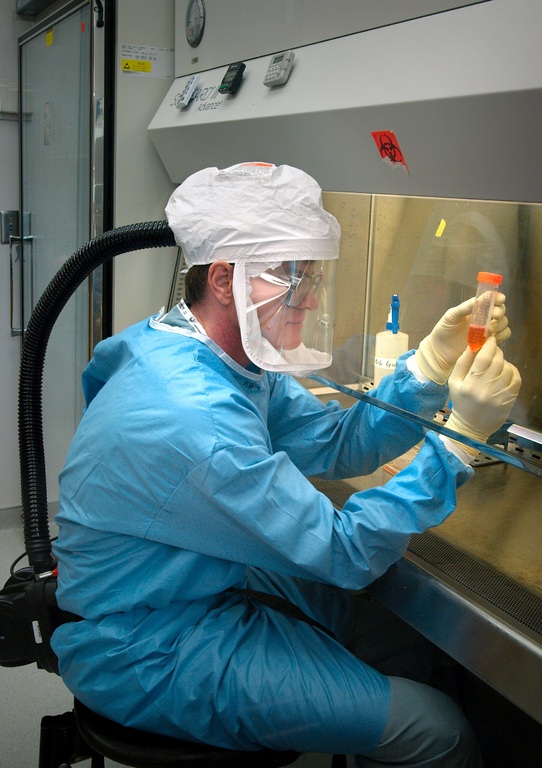Interesting Ideas in Medical Research that Might Move the Field Forward. Medical innovation can be incredibly important in determining the power of medicine and generally outlining what modern medical technology is capable of—and will be capable of in the foreseeable future.
This is why the themes and ideas of current medical research can be such an important topic to keep in mind, and is why this article aims to highlight some of the most interesting ideas in current medical research.
Genetic Editing Tools
Genetic editing is still one of the most impressive and potentially powerful tools in modern medical science, even with the storm of controversy that swirls around it. Every innovation within the field of genetic editing ensures not only a greater understanding of how human genetics function, but also of the extent to which they can be controlled and altered.
Of course, these genetic editing tools are capable of doing far more than simply editing human genetics. For example, one of the most interesting and impressive uses of genetic editing technology has to be found in the use of humanized mice in medical testing.
After all, it isn’t always possible or ethical to use human test subjects when testing new medical products. However, sometimes these tests require a more accurate analogue of the human body than animal testing can achieve. In these cases, humanized mice and other humanized animals could be revolutionary—allowing these treatments to be tested accurately.

Tools for “Healthy Aging”
As much as it might sound like science fiction, there are actually medical studies taking place now into the field of healthy aging and how medical science can more effectively treat and reduce the negatives of age.
Studies on fields such as senotherapeutics, for example, aim to outline processes which could increase the “health span” of patients, effectively allowing them to age more healthily and hopefully avoid many of the worst consequences of aging.
However, it is important to remember that these fields are still in the early stages of testing and any major innovations in the field of “healthy aging” will likely take many years, at least, to arise.
AI in Medicine
Likely an unsurprising entry in this list, AI is hands-down one of the most interesting forms of technology currently available—which makes it unsurprising that some have taken to researching how it could best be applied to the field of medicine.
However, whether it is an “obvious” innovation or not, AI truly does hold significant potential to boost and benefit the capabilities of the medical field; assuming, of course, that it can be properly optimized for the role.
For example, AI is able to parse and interpret a huge amount of information far more efficiently and reliably than any human can, meaning that AI could be massively helpful in diagnosing potential patient issues and providing comprehensive information to patients and medical professionals alike. However, there are many potential issues with contemporary AI that would first need to be solved before this kind of implementation could be possible.
A great example of this is that current AI models will readily and convincingly lie to users—a problem which most professionals in the field of AI don’t yet have a solution for, and one that would obviously invalidate the usefulness of these tools in the field of medicine.
Read: WATER THERAPY: Are you drinking enough water in winter?









